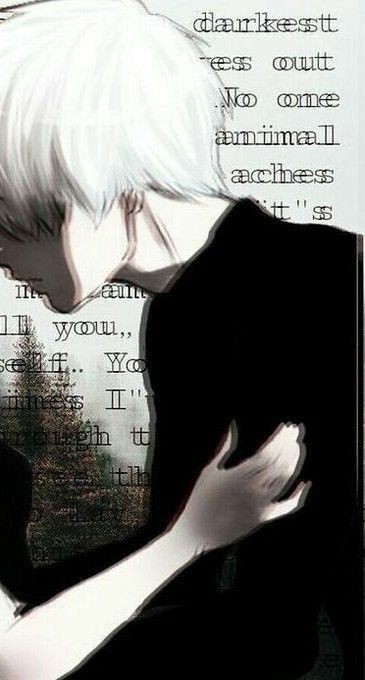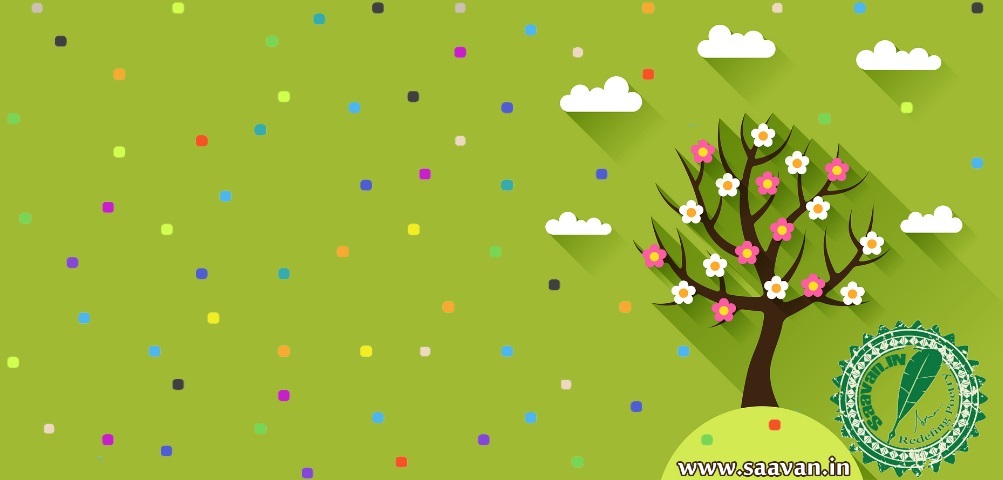Whose Voice Is It Anyway?
When I write, if that’s what I do, whose voice is it I really use?
Whose voice is this? Whose voice am I?
Whose words do I pass off as my own?
You might think these words are mine – they are, after all, being cast by my mind.
But is it my own voice they voice,
Or is it the voice of someone else?
Is it the caring voice of my parents who caught me speaking my first (Hindi) words?
Is it the careful voice of my teachers who later taught me my first (English) letters?
Is it the carefree voice of my friends who swore that I should swear some more?
Is it the careless voice of love that told my heart to skip a beat,
Then broke it when it beat too hard, telling it to get over it?
Is it the voice of all I’ve read, and all I’ve heard, alive and dead?
Or is it the bequeathed voice of old – of my forefathers fighting ye olde English with Punjabi?
If they hear my voice today, I wonder how their voice would be.
Would it rage to fight my English, curse my words to undead silence,
Or would it say I’m too a fighter, fighting silence with my words?
Am I a traitor to their voice that died tongue-tied for my freedom,
Or am I but the voice of now that carries past the native front?
The millions of my Motherland
Could trump these words if they could write –
Is this the voice of those voiceless men,
Those flightless birds who wish to fly?
Is this your voice, my choiceless reader?
Do I lip-synch to your noise?
Do I write for you when I write to you?
Are these your words lost in time?
It can’t be your voice that I think is mine, that I use as mine, that I mine as mine, but is using mine, but is mining mine, confusing mine, yet could be mine,
Can it?
“Can it!”
Um, is this voice at least “authentic”,
Whatever that means to its answerer?
If what you hear is a voice, is it really mine?
If my voice is heard by none, is it still my voice?
Is it still – a voice – a sound – something – anything?
Am I anything without it?
Do the things I speak of make my voice,
Or is their voice that makes me speak?
Am I the voice of everything at once,
Or just an echo of nothing?



The poetry intricately explores the themes of loss, the crisis of a nation, and the individual while also emerging as solace to the unrequited answers. The poet inexorably questions the identity, thoughts, and voice he has grown up with. While we see the narrator in a dilemma at the beginning of the poetry in search of answers to his identity and thoughts, he has developed over time towards the end of the poem; we find him more erratically contesting the notion of the loss of one’s own thoughts and identity.
In utter exasperation, the narrator poses patriotic questions, fervently asking what would our forefathers, great freedom fighters, would have felt like if they knew we as a nation prioritized a colonial language more over our mother tongue. He further delves into philosophical thoughts, stating he is unsure of what comprises his original thoughts and voice, the mother tongue he learned from his parents, or the colonial language he was taught while growing up by the administration. In a reverberative tone, the question of identity crisis and the puzzled process of formation of one’s thought shaped by a colonizing tool in a free country is raised.
The poem deals with patriotic aspects while exploring the philosophical realm bringing identity loss and crisis forefront.